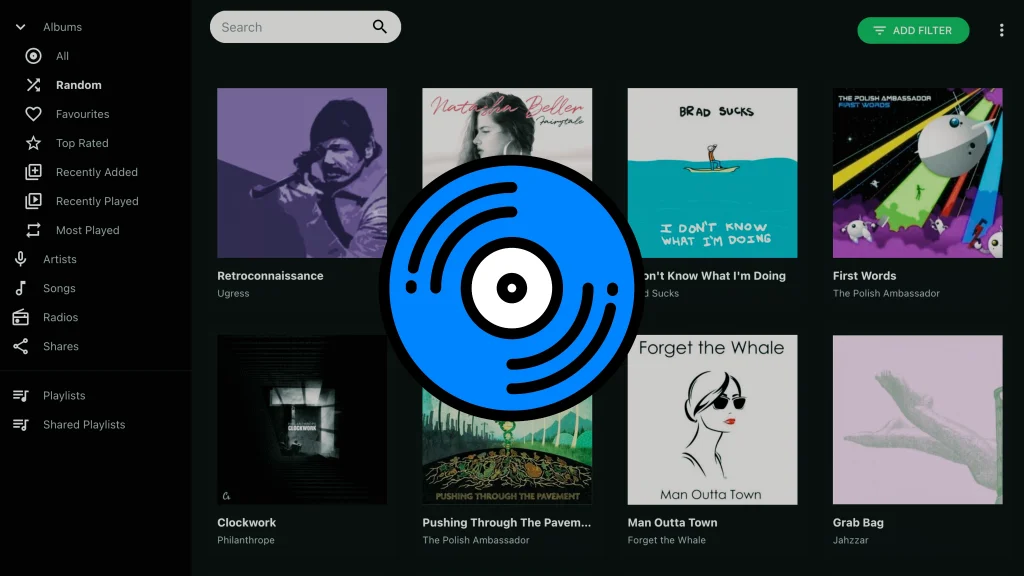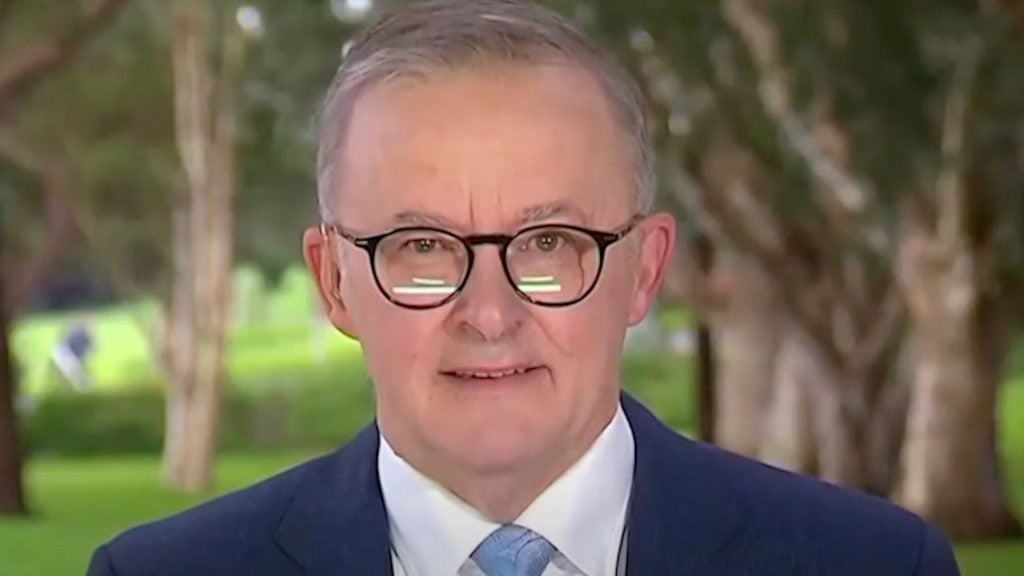People with moderate political views, or those not interested in politics, very much exist in the United States – and on Twitter.
But as might be expected, they are not prone to participating in politically or ideologically-fueled shouting matches on the social platform – hence, the illusion that they don’t exist is also something to be expected. Especially if Twitter and its ilk tend to surface political and ideological controversies above much of other content.
The University of Missouri is reporting on its website about how social media might be “artificially exaggerating political polarization,” citing a new study into the phenomenon.
The main takeaway: political polarization may seem greater on social networks, and thanks to them, than it is in reality, because of all the moderates or politically disinterested people who choose not to participate in political discussions.
Assistant professor at the Missouri School of Journalism Michael Kearney, who authored the study – entitled, “Analyzing change in network polarization” – chose to explore Twitter during the seven months leading up to the November 2016 US presidential elections.
Kearney used “software that he created himself” and Twitter’s REST API to monitor the activity of 3,000 random followers of either highly partisan or non-political, i.e., entertainment-focused accounts.
During the seven months, he recorded 17 times the changes in the user networks of these 3,000 accounts – namely, who they chose to add to their follow list over this period of time.
He found that both groups were mainly reinforcing their already existing interests.
“As the election drew nearer, Democrats followed more Democrats, Republicans followed more Republicans, and moderates did not greatly expand who they followed on either political side,” the University of Missouri writes.
It’s hard not to conclude that this might be the result of the artificial, algorithmic bias that Twitter creates for its users, by offering them more of the content they have already shown interest in.
However, according to the report, Kearney doesn’t think that influential social media platforms like Twitter either keep users inside their bias bubbles using filtering or that they make differing points of view readily visible to them. Instead, he thinks social media “simply amplify and reflect the trends found in broader media environments.”
Kearney also advises Twitter users to engage in fact-checking while using the platform, and warns them against thinking that information available on the social media giant is in fact “representative or an accurate reflection of the public.”
If you're tired of censorship and dystopian threats against civil liberties, subscribe to Reclaim The Net.









